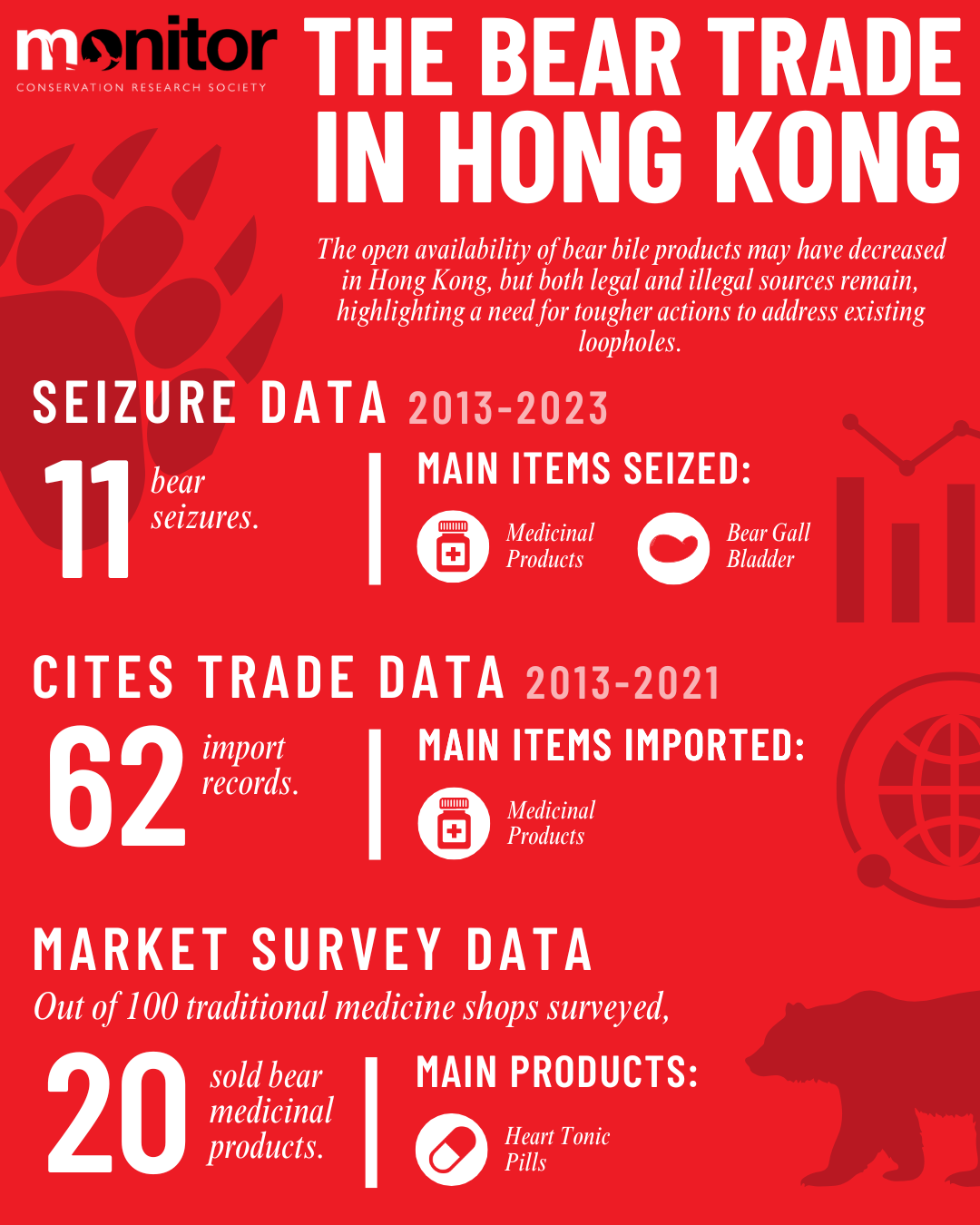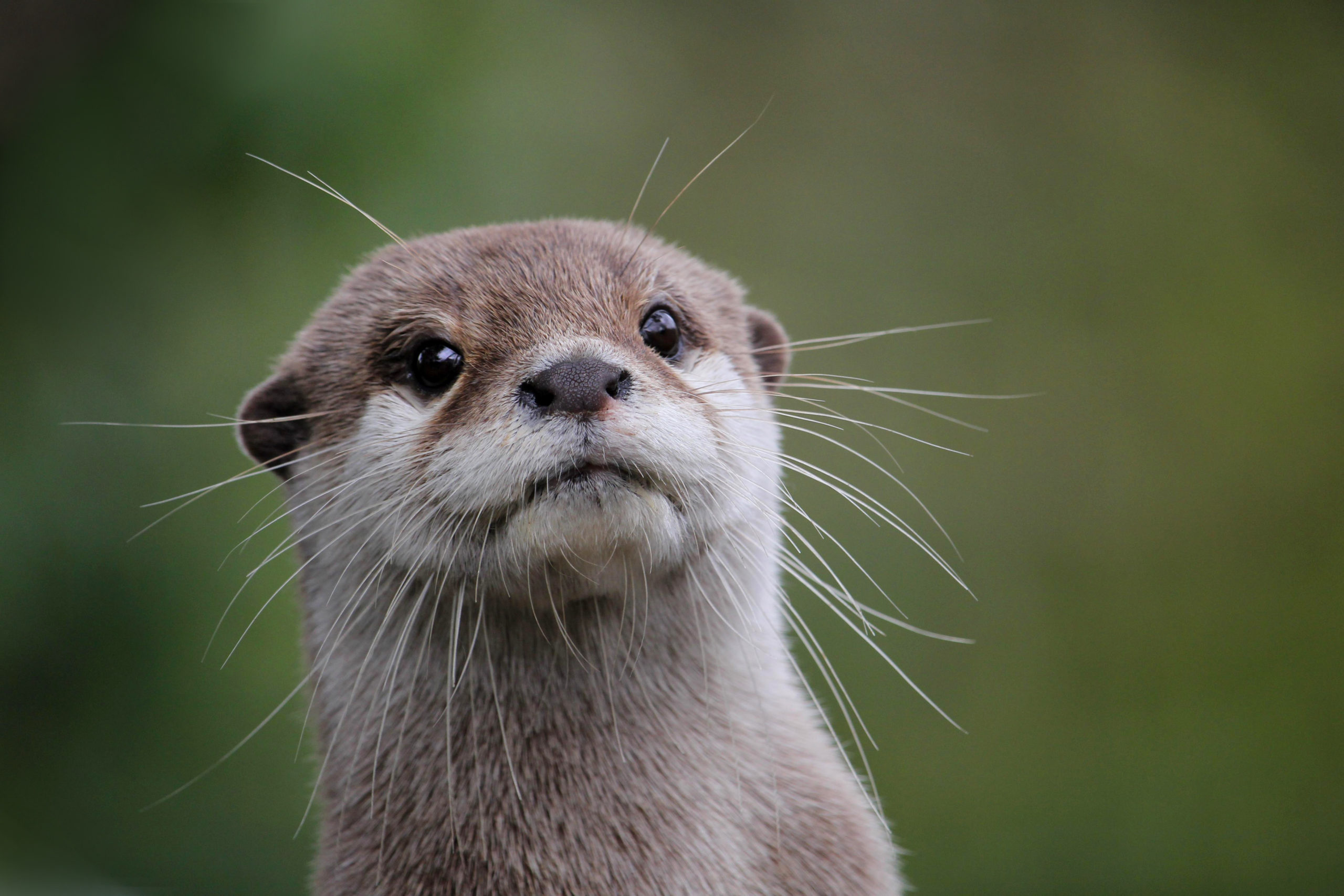Threat to Asian Bears Persists Due to Demand for Traditional Medicines
Asian bear species are under continual threat, driven by the demand for their parts and derivatives used in traditional medicine. A recent study highlights Hong Kong’s significant role in this trade, uncovering critical insights into the market dynamics, availability, and legality of bear bile products and gall bladders.
The study, which analysed seizure data, international trade records, and market surveys, found that the open availability of bear bile products in Hong Kong is shrinking, but these products are of both legal and potentially illegal origins. This underscores the urgent need for stronger legislative measures to close loopholes that enable illicit wildlife trade.
Encouragingly, public perception regarding the use of threatened species in medicine appears to be shifting, with growing support for synthetic alternatives to bear bile. This trend, combined with recent regulatory amendments tightening the use of wild animals in traditional Chinese medicine (TCM), presents a crucial opportunity to further reduce demand.
“While the idea that there could be a declining demand for bear bile products is encouraging, the persistence of illegal trade highlights a critical need for stronger regulation and enforcement,” says Dr. Chris R. Shepherd, a renowned wildlife trade expert who has conducted numerous studies on the issue, emphasising the need to address the broader issue of illegal practices within the TCM industry in Hong Kong involving other species, such as Tokay Geckos.

Infographic designed by Alisha Lin
“The enhancement of traceability and transparency in the labeling of bear pharmaceutical products is crucial for the sustainability of TCM,” explains Jovy Chan, Manager, Wildlife Conservation at WWF-Hong Kong and a co-author on the study. “As the National Medical Products Administration and the National Administration of Traditional Chinese Medicine support research and development on alternatives to TCM materials derived from rare and endangered species, it is the responsibility of the pharmaceutical companies to ensure that consumers are informed and that sustainable practices are prioritized,” adding that by adopting rigorous labeling standards, the Hong Kong government can protect biodiversity and promote ethical sourcing, ensuring the future of traditional medicine while respecting our environment.
Lead author Dr. Lalita Gomez called for enhanced collaboration with traditional medicine practitioners in Hong Kong to promote synthetic alternatives to bear bile, which are not only effective but also increasingly accepted by the public.
There is an urgent need to investigate the trafficking of bear parts and derivatives to better understand source and destinations of these illicit commodities in trade and trafficking networks involved.
This joint study, conducted by Monitor Conservation Research Society and WWF-Hong Kong was funded by World Animal Protection.
An examination of the trade in bear parts and derivatives for traditional medicine in Hong Kong and its legality was published in the European Journal of Wildlife Research.
Share this article:

How you can help
Please consider making a donation to support this crucial work for wildlife.

